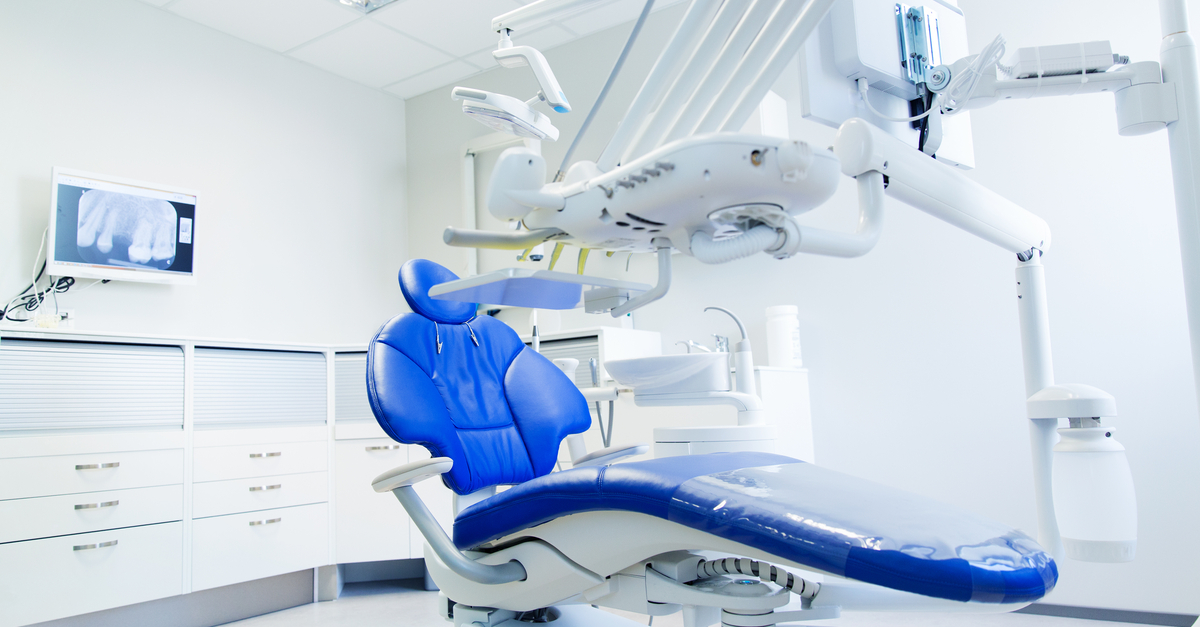Regular dental cleanings are an important part of maintaining your overall health and preventing future dental issues. Dental cleanings are performed by licensed dental hygienists who are trained in using special dental tools to remove stains, plaque, and tartar that can be hard to reach on your own. It’s important to floss and brush regularly on your own, but it doesn’t take the place of receiving regular dental cleanings. Dentists recommend cleanings every six months. And having your gums checked every six months is the best way to prevent complications that can come from gum disease, including tooth loss.
What to Expect During a Dental Cleaning:
A regular dental cleaning is a quick and painless procedure. In addition to performing a cleaning, your hygienist will also check for signs of issues such as gum disease, gingivitis, and oral cancer. After your cleaning, you will receive an exam and a detailed plan for how to deal with any dental issues that may need attention.
Read on to learn more about what you’ll experience during your regular dental cleaning.

Removal of Plaque and Tartar:
Plaque is always growing on your teeth. It can be found most often along the gum line. It’s colorless and not noticeable, but if not removed regularly it can lead to more serious issues like cavities and gingivitis. If plaque remains on your teeth for too long, it can combine with your saliva and harden into tartar, or calculus. Tartar is a more serious issue than plaque and can lead to a receding gum line or cause you to lose your teeth. The dental hygienist will use a tool called a scaler during your regular dental cleaning to perform a thorough removal of plaque and tartar.
Cleaning:
After the plaque and tartar has been removed, the next step in your regular visit is a cleaning. The hygienist will use a rotating polishing tool and a gritty toothpaste, which is mildly abrasive and can clean up anything that was left behind in the plaque and tartar removal process. Next you will receive a detailed flossing to remove any particles that may have been left behind. It’s important to floss at home regularly, but dental professionals can also locate and reach any tight spots that might be harder for you to do yourself.
Professional Fluoride Treatment:
Receiving a fluoride treatment at your regular dental cleaning appointment is beneficial for preventing decay and strengthening tooth enamel. Fluoride treatment is generally only recommended for those who experience regular cavities or other dental issues. The application is simple and quick, and you will be able to eat and drink immediately after the procedure.

Customized Advice:
You will occasionally receive X-rays at your regular dental cleaning appointment, depending on your dental history and whether you are experiencing any urgent dental issues like pain or swelling. At the end of your regular dental cleaning, it’s a good time to ask your dentist any questions if you have them. Your dentist will let you know about a treatment plan if it’s needed and will give you tips on how to practice good oral hygiene in between regular dental cleanings.








